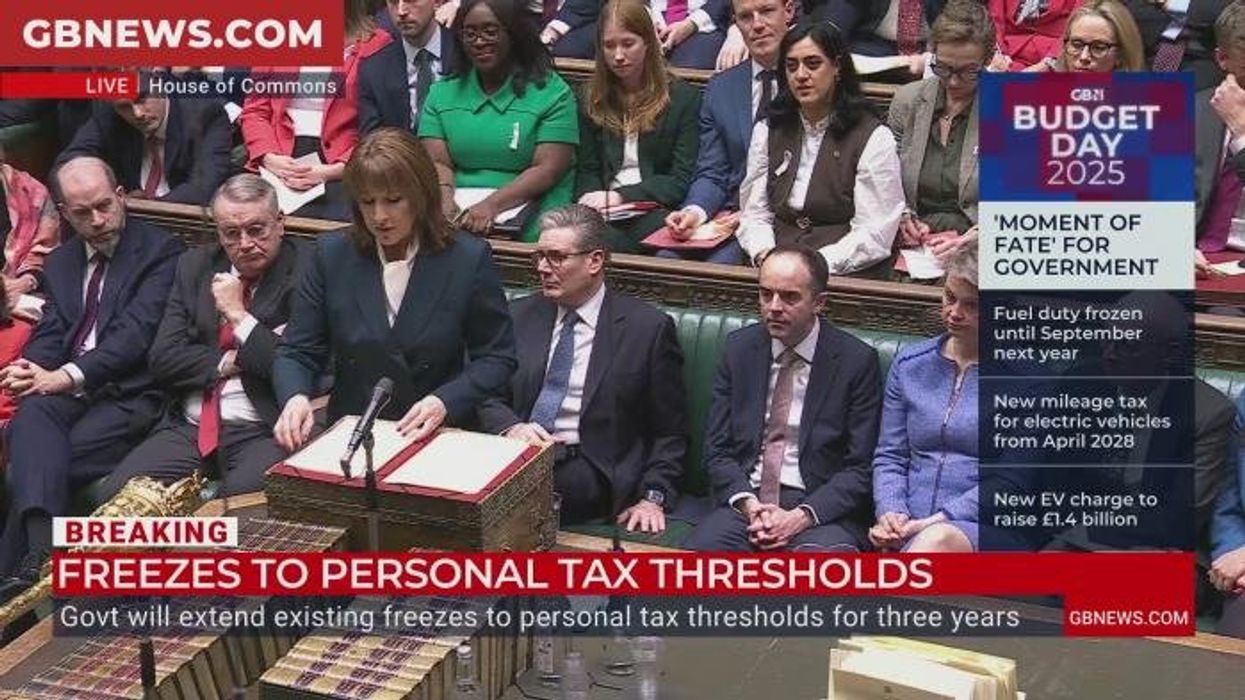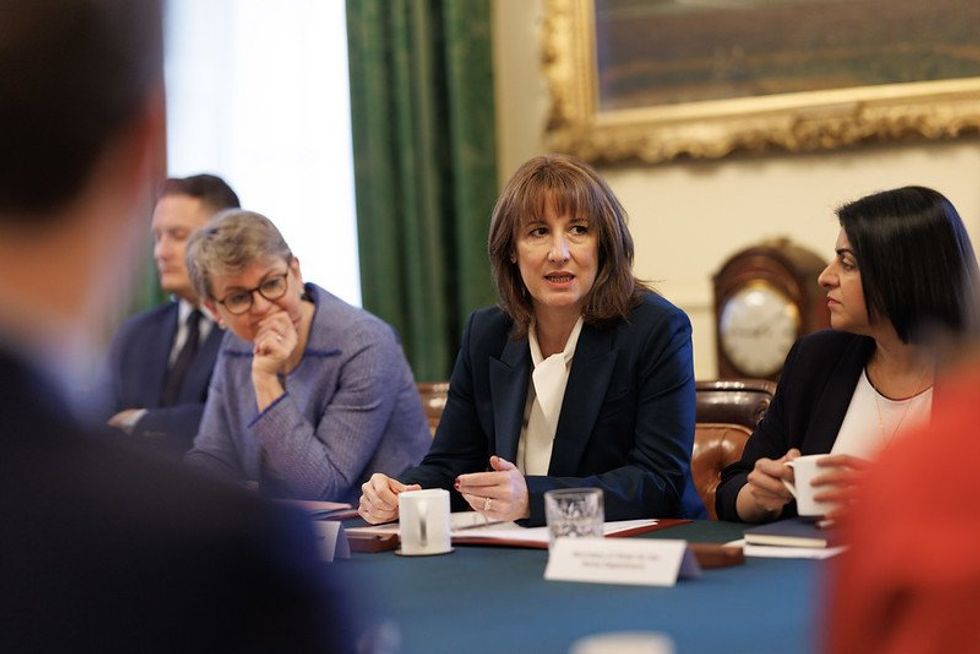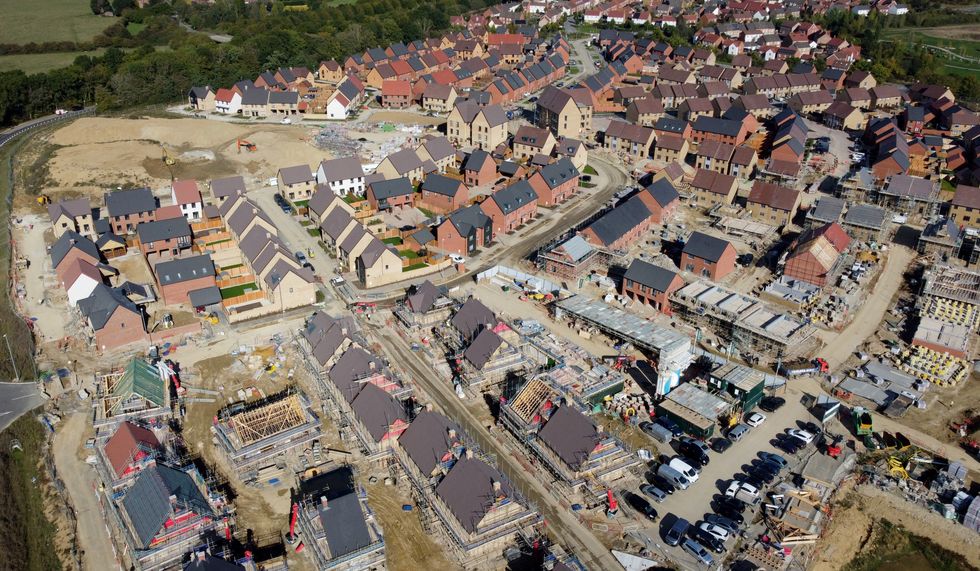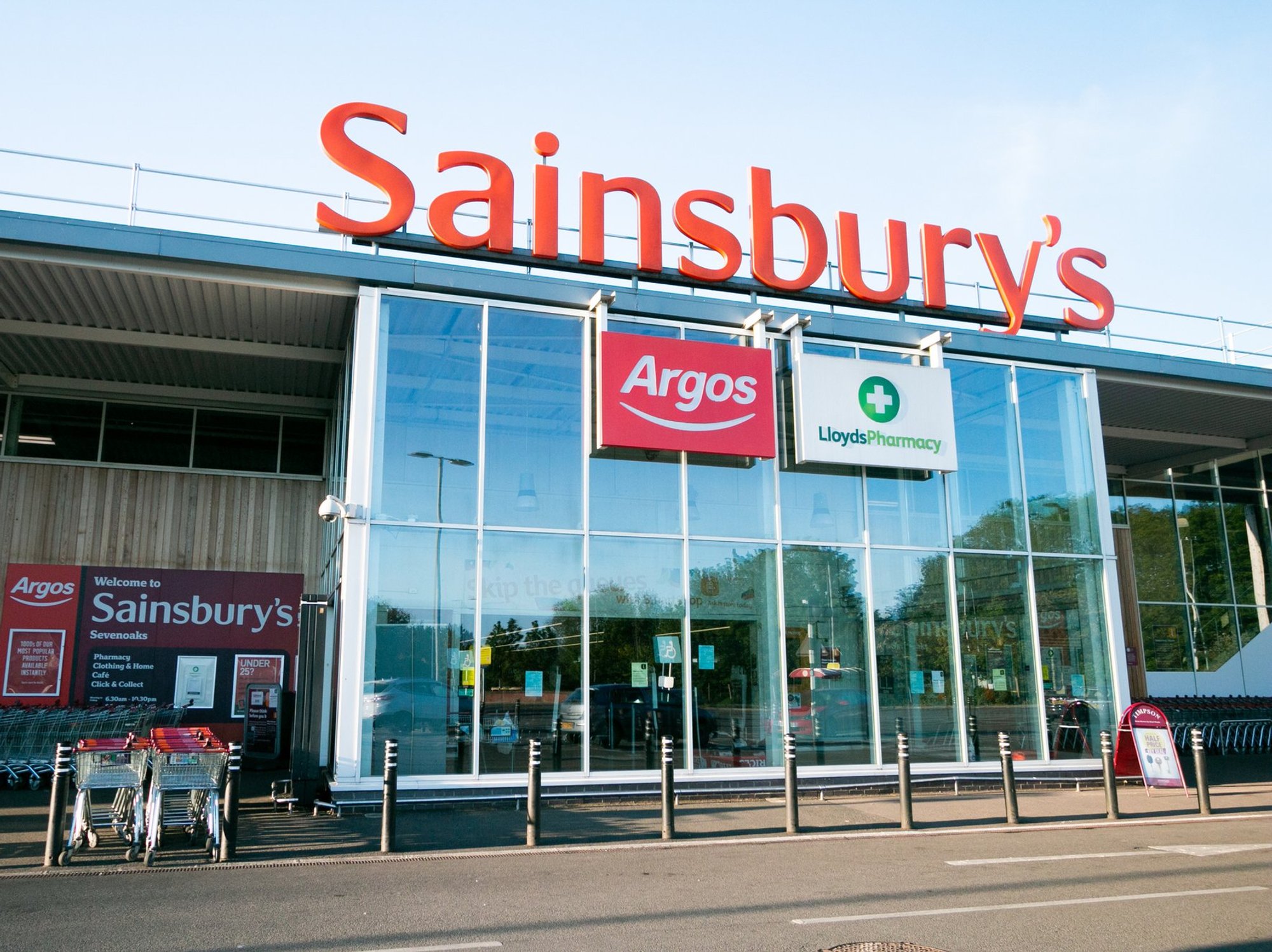'Tenants will pay the price' as Budget set to cause landlord exodus

Rachel Reeves announces Labour will increase the rate of tax on property, savings and dividend income |
GB News

Sector warns two per cent tax rise will reduce rental supply and push rents higher
Don't Miss
Most Read
Landlords across the UK will face higher tax bills from April 2027 after the Chancellor confirmed a two percentage point rise in property income tax rates in Wednesday's Budget.
Rachel Reeves announced that rates will increase to 22 per cent for basic rate taxpayers, 42 per cent for higher rate earners and 47 per cent for those in the additional rate bracket.
The change applies in England, Wales and Northern Ireland, marking the first time workers and property investors will be taxed at different rates.
Industry figures warned that the impact will quickly filter through to tenants.
TRENDING
Stories
Videos
Your Say
Vann Vogstad, founder and chief executive of COHO, said: "It will be the tenants as well as landlords who pay the price for the Chancellor's move to increase property income tax by two per cent by April 2027".
Property experts said the tax rise will add further pressure to a sector already struggling with reduced margins and tightening regulation.
Nathan Emerson, CEO of Propertymark, said many landlords had found the combination of taxation and new legislation increasingly unviable, with significant numbers choosing to withdraw from the market.
"Ultimately, additional tax liabilities could place further pressure on current rental stock levels and any new tax burden introduced on rental revenue may well get passed directly to renters, thereby worsening an already stressful situation".
Mr Vogstad added that rental providers have operated on minimal profit margins for nearly a decade.
He said: "Raising taxes on rental income, especially when coupled with the upcoming Renters' Rights Bill reforms, will inevitably result in higher rents.

Landlords’ property income tax rates will rise by two points from April 2027, the Chancellor confirmed
|GETTY
That's just basic economics, and it will be the tenants who pay the price".
The Office for Budget Responsibility (OBR) has said the measure will reduce the number of rental properties available, increasing costs as demand outweighs supply.
Property experts went further to warn that it could lead to an "exodus" of landlords as the changes cut into their margins.
David Hollingworth, associate director at L&C Mortgages, said: "This will be another big blow to landlords who have been increasingly hit by measures that have made it harder to maintain returns on rental property".
Michelle Lawson, director at Lawson Financial, said the policy amounted to "another landlord onslaught that will only impact some of the most vulnerable in society," adding that "landlords will have no option but to pass the costs on via higher rents".
Houses in Multiple Occupation (HMO) are expected to be particularly affected.
LATEST DEVELOPMENTS
 Rachel Reeves briefs Cabinet ahead of Budget | SIMON DAWSON/NO10
Rachel Reeves briefs Cabinet ahead of Budget | SIMON DAWSON/NO10These properties typically generate returns of 12 to 18 per cent compared with three to six per cent for standard buy-to-let investments, meaning HMO landlords will absorb a larger share of the tax rise.
Some landlords believe the changes will disproportionately affect smaller independent investors.
Katie Burgess, a Liverpool landlord with 15 properties, said: "I work with a large selection of landlords and I would say a good half of them prior to the Budget were considering leaving the sector entirely.
"There's probably more who will join them now".
Ms Burgess said she could not see any alternative to raising rents to cover the additional tax costs.
She added: "I can't see any other options except for rent increases".

Rents have already risen sharply in several regions
| PARightmove figures show London rents have reached £2,736, a 1.6 per cent increase compared with last year.
Ben Beadle, chief executive of the National Residential Landlords Association, said the measures run counter to wider policy aims.
He said: "Despite claims of tackling cost of living pressures, the Government is pursuing a policy that the Office for Budget Responsibility has made clear will drive up rents".
Demand for rental homes continues to outstrip supply, with forecasts indicating that nearly one million additional properties will be needed by 2031.
Industry groups said the tax rise risks further reducing available stock at a time when affordability pressures remain significant for tenants.
More From GB News










